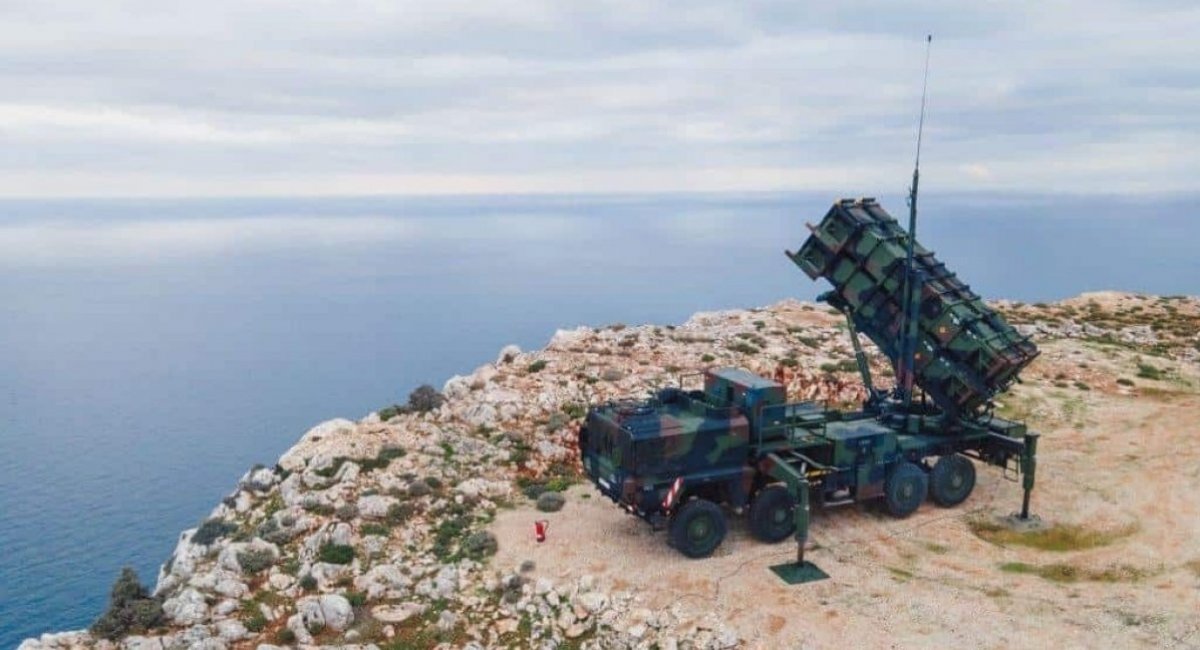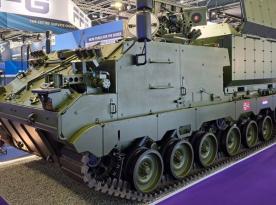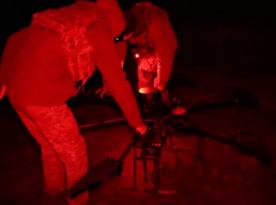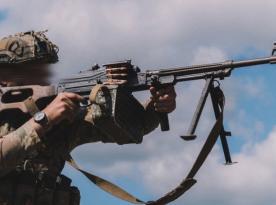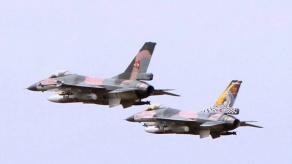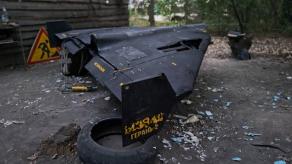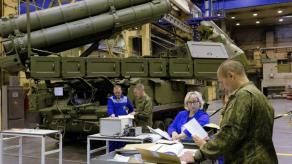Recent press reports paint a rather contradictory picture of the current White House administration's intentions about further defense support for Ukraine. On the one hand, the United States is slowing down the transfer of Australian decommissioned M1A1 Abrams tanks. On the other hand, Washington is pressuring Greece to transfer at least one of its Patriot air defense batteries to Ukraine, according to Kathimerini.
This contradiction is a good illustration of the new U.S. policy where Ukraine aid should be provided exclusively at the expense of Europe, while the resources of allies in the Indo-Pacific region are preserved in case a war breaks out against China.
Read more: Delays in Australian M1 Abrams Transfer to Ukraine Show the Problem is Much Deeper
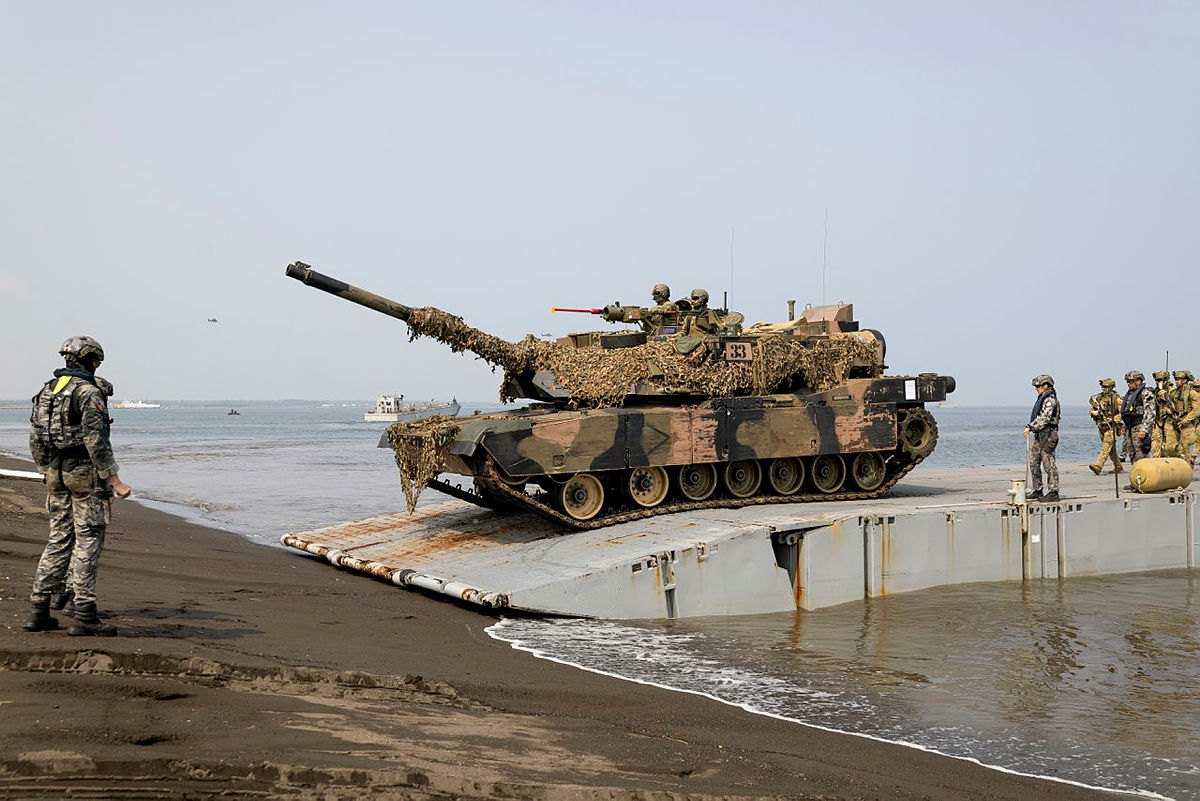
It's worth noting that the U.S. pressuring Greece on the Patriot issue is reported by Kathimerini in the broader context of the conflict in the Greece–Turkiye–USA triangle. That said, it sounds like a paradox that the U.S. is pushing the Greek authorities while the Patriot battery in question is physically in Saudi Arabia, covering the country from potential missile and drone attacks from the Yemeni Houthis.
To summarize, the White House proposes to locally strengthen Ukraine at the expense of a slight weakening of its principal ally in the Middle East. At the same time, Washington is nearing a $100-billion weapons sale to Riyadh, which might have convinced the Trump administration that against the backdrop of such a deal, giving away one Patriot would not undermine Saudi Arabia's defenses.
Open-source data counts six Patriot PAC-2 batteries with 36 M901 launchers in the Greek Armed Forces' inventory. This modification can only effectively repel non-ballistic threats.
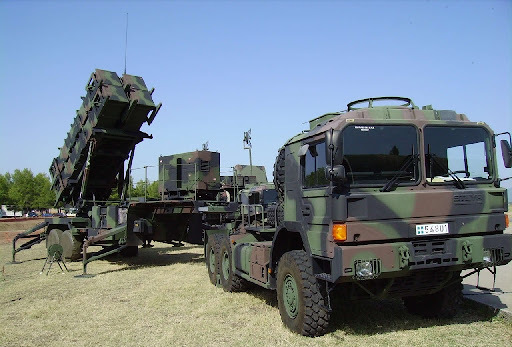
As for the M1 Abrams tanks from Australia, blocked by the U.S. withholding the re-export permit, we should point out the logic that the Australian military leadership follows is quite transparent. There are officials "doubting if Ukrainians actually want these vehicles," citing their vulnerability to drone strikes and the "embarrassment" of sending the ships loaded with tanks back if a peace settlement was reached soon.
What shows through these arguments is the possible intention of the Australian authorities to back out of the promise and keep the retired M1 Abrams, which may prove useful in the event of a big war in the Indo-Pacific. The same motive may be leading the United States government, in line with its declared course to step down as the leading force in the European security system and shift focus to the Indo-Pacific region.
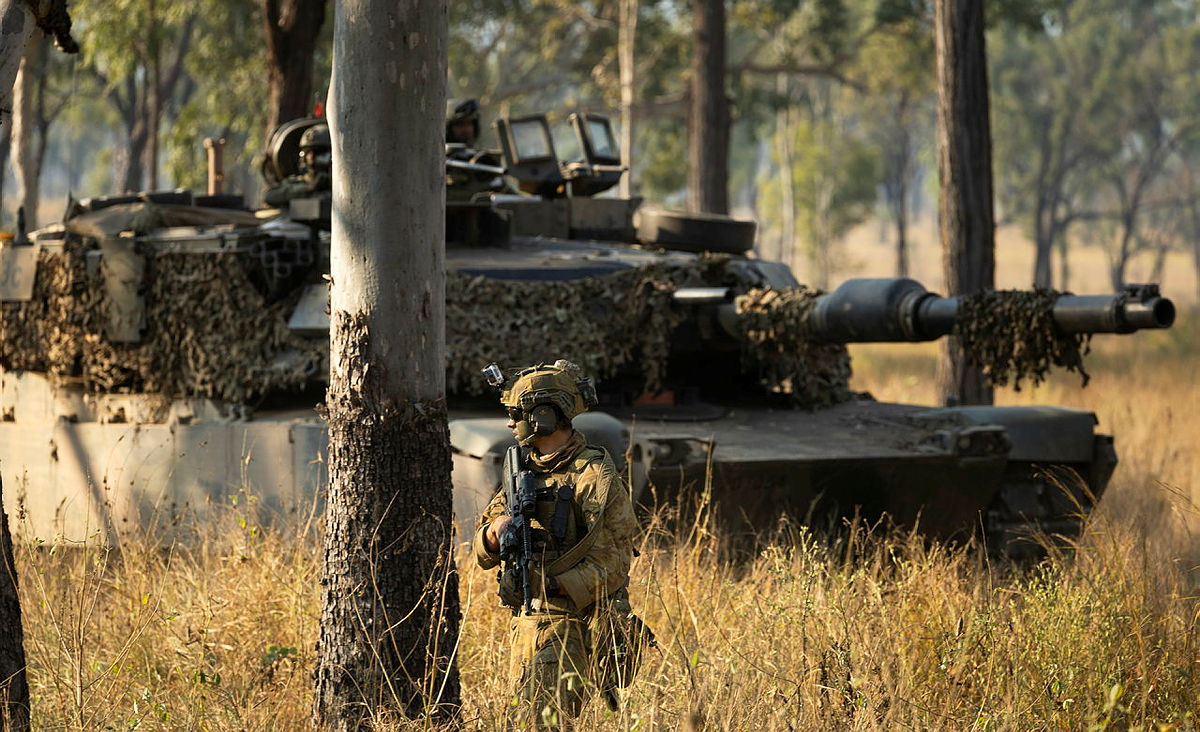
Read more: Saab Eyes Breakthrough Year for Gripen Sales, Targets Thailand After Colombia Deal



